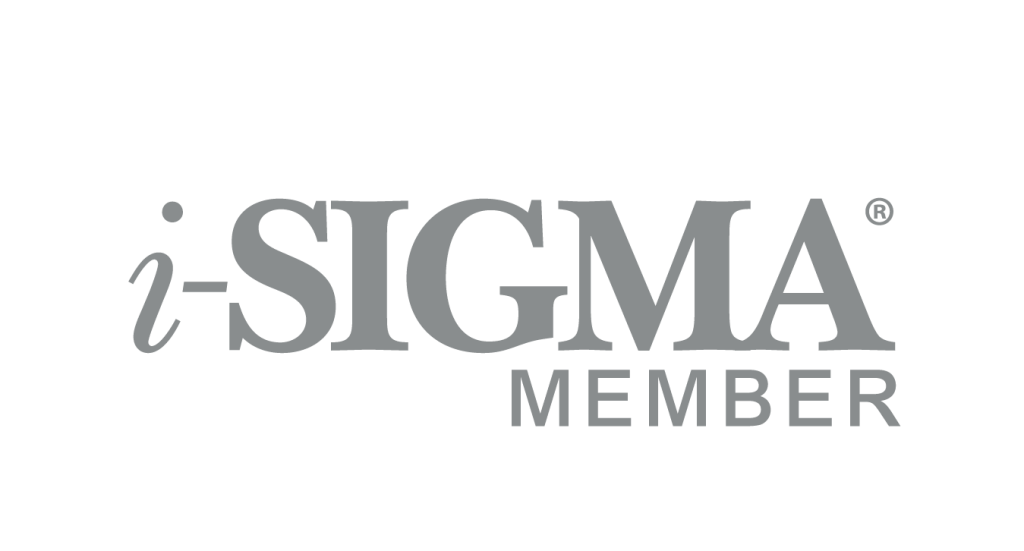Identity theft is quickly becoming one of the most common forms of cybercrime. According to the Federal Trade Commission’s Annual Data Book 2021, over 1 million complaints were filed regarding identity theft in 2020 — just from reported incidents. Although there are many steps you can take to protect yourself from identity theft, such as using strong passwords and avoiding phishing scams, one often overlooked step is shredding documents that contain sensitive information. Document shredding services can help prevent your data from falling into the wrong hands and being used for malicious purposes. Read on to learn why professional document shredding should be part of your identity theft protection plan.
Identity Theft – The Many Forms
Identity theft can take many forms. However, according to the FTC, some of the most common types of identity theft are credit card fraud, tax-related identity theft, government documents or benefits fraud, employment or salary fraud, and medical identity theft.
Credit Card Fraud:
This form of identity theft involves using someone else’s credit card information without their permission to make purchases. Scammers often obtain credit card numbers and other personal financial information dealing with physical credit cards.
Tax-Related Identity Theft: Tax-related identity theft occurs when a scammer uses someone else’s Social Security number to file taxes and claim refunds in their name. The Internal Revenue Service (IRS) has seen increasing tax-related identity theft cases each year.
Government Documents or Benefits Fraud: This type of fraud involves using someone else’s personal information to apply for government documents such as a driver’s license or social security card in their name. Scammers may also use stolen identities to apply for government benefits like unemployment, Social Security, and Medicare.
Medical Identity Theft: Medical identity theft occurs when a scammer uses someone else’s personal information to obtain medical care or prescription drugs in their name. The scammer may also use the victim’s personal information to submit false claims to health insurance providers for reimbursement.
How to Recognize the Signs of Identity Theft?
The signs of identity theft can be hard to spot at first, since criminals may use your stolen information over a period of time and sometimes in different ways. It’s important to stay alert for any suspicious activity or changes, such as:
- Unexpected bills or statements from businesses you don’t recognize
- Unauthorized transactions on any accounts you own
- Calls or emails from debt collectors regarding debts you didn’t incur
- Denials for services due to poor credit ratings that you can’t explain
If you suspect that you may have been a victim of identity theft, it’s important to take immediate action to protect your accounts and credit rating.
How Do You Protect Yourself From Identity Theft?
According to the FTC, there are several steps you can take to reduce the risk of identity theft:
- Be aware of how and where you share personal information, such as online or over the phone.
- Keep your computer and mobile devices updated with the latest security software.
- Monitor your accounts regularly for suspicious activity.
- Create strong passwords that combine letters, numbers, and symbols for all of your accounts.
- Shred any documents containing personal information before disposing of them in the trash or recycling bin.
- Be wary of emails from unknown senders that have links or attachments.
- Don’t give out personal information in response to unsolicited calls, emails, or letters.
Document Shredding Services – An Essential Part of Your Identity Theft Protection Plan
Document shredding is a great way to protect your sensitive financial and personal information from identity theft. By shredding documents containing confidential data, you can reduce the chances of someone accessing and using this information for fraudulent activities. When choosing a record shredding service, select one that meets your security needs and complies with all applicable laws and regulations. A reputable shredding company should offer on-site destruction at your location or off-site pickup services for convenience. By regularly shredding documents that contain personal information, you can reduce the risk of potential fraud and safeguard your data.
Book Your Next Shredding Service Today: Assured Document Destruction Phoenix
Don’t wait until it’s too late – protect your confidential data from identity theft today with Assured Document Destruction Phoenix. Our secure shredding services are designed to keep your information safe and out of the wrong hands. Contact us to book your next document destruction appointment and protect yourself from identity theft.






